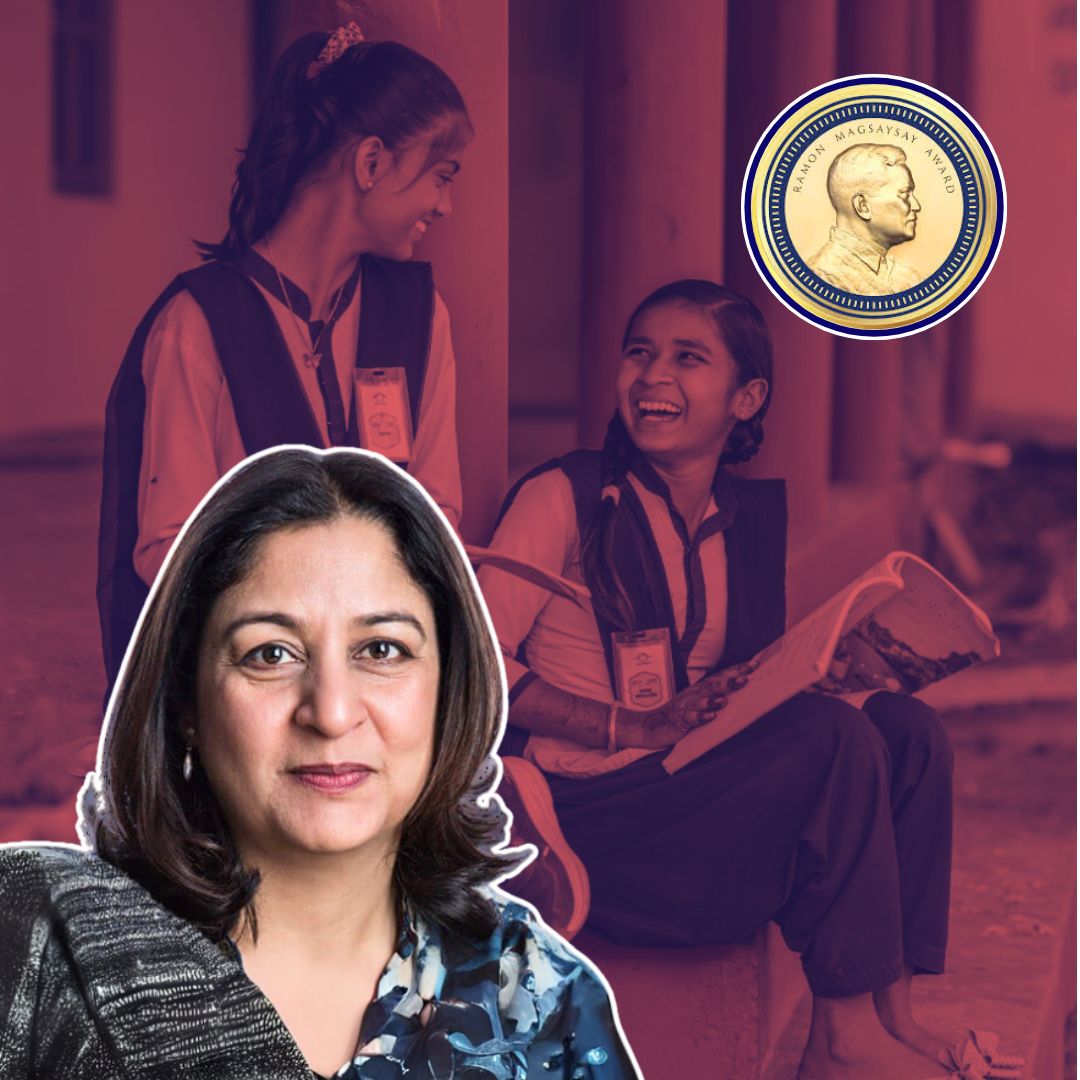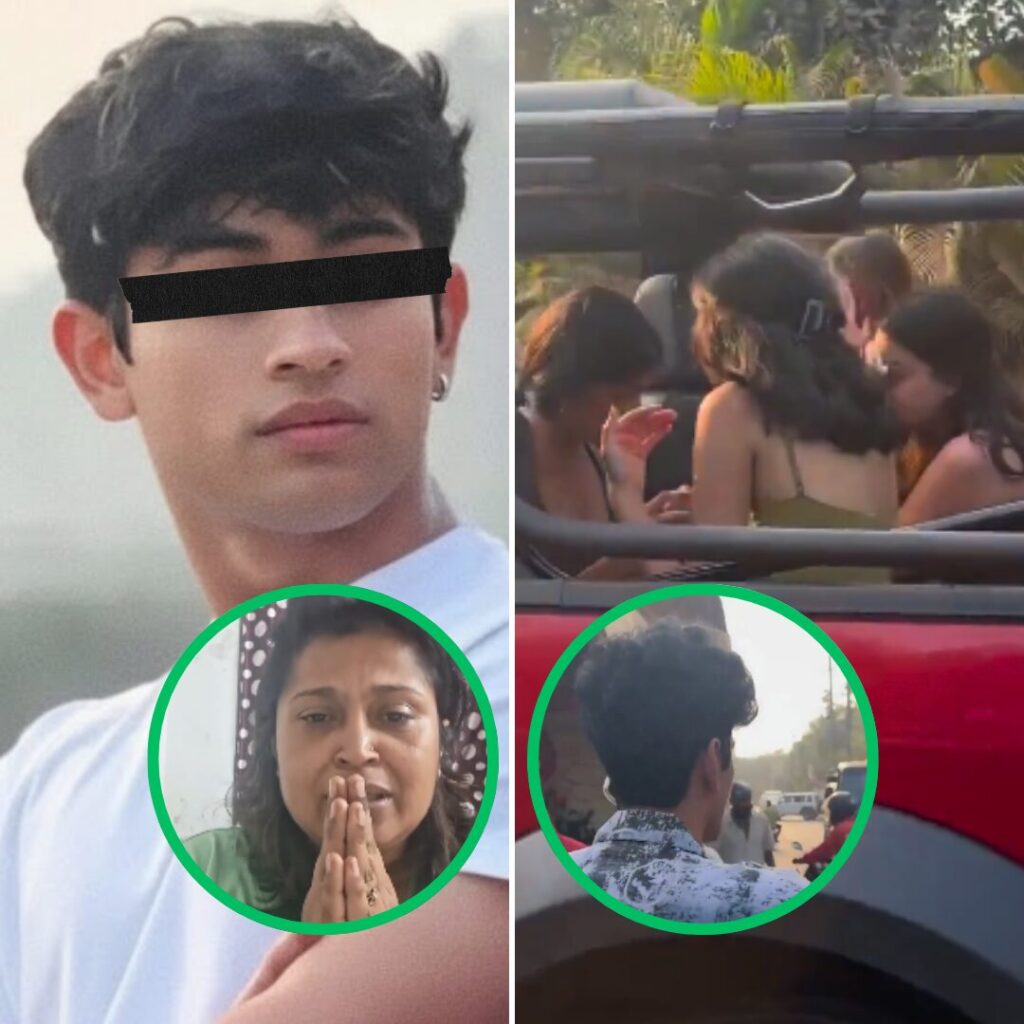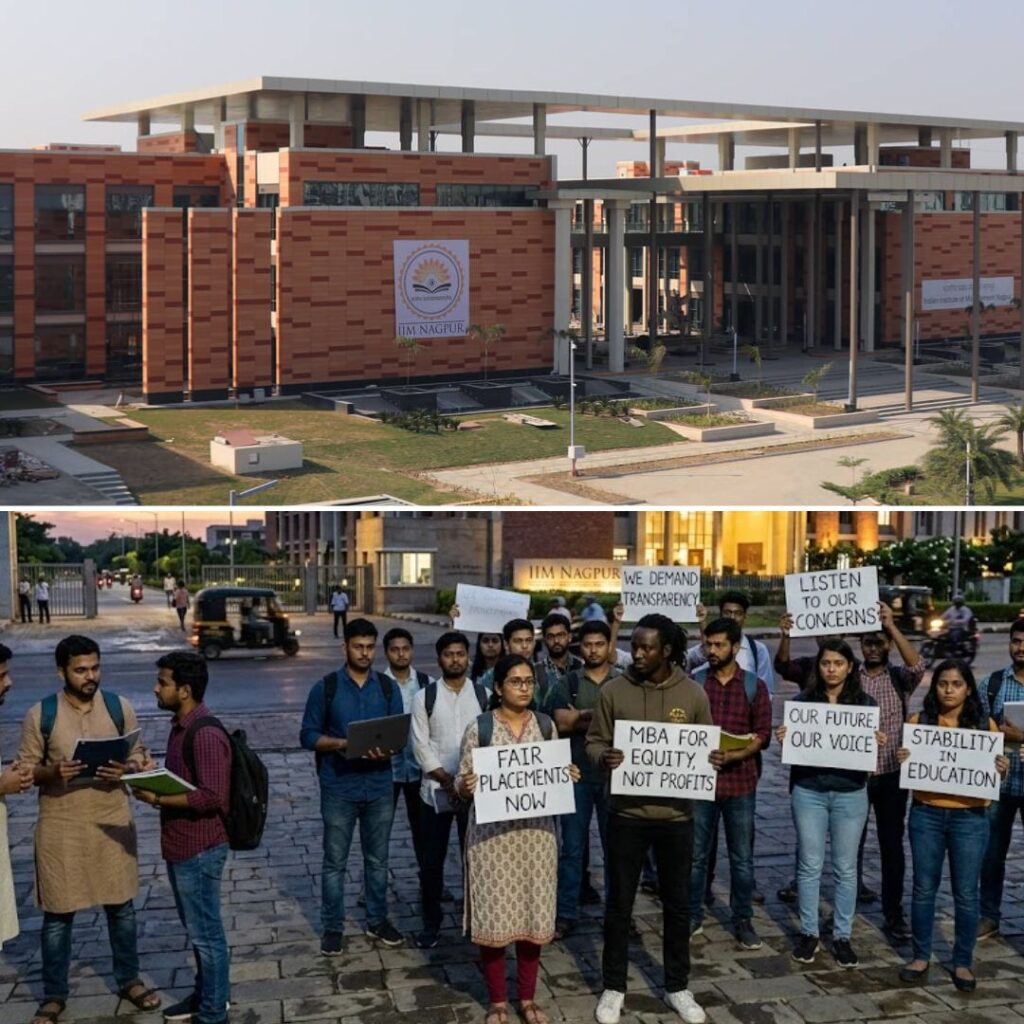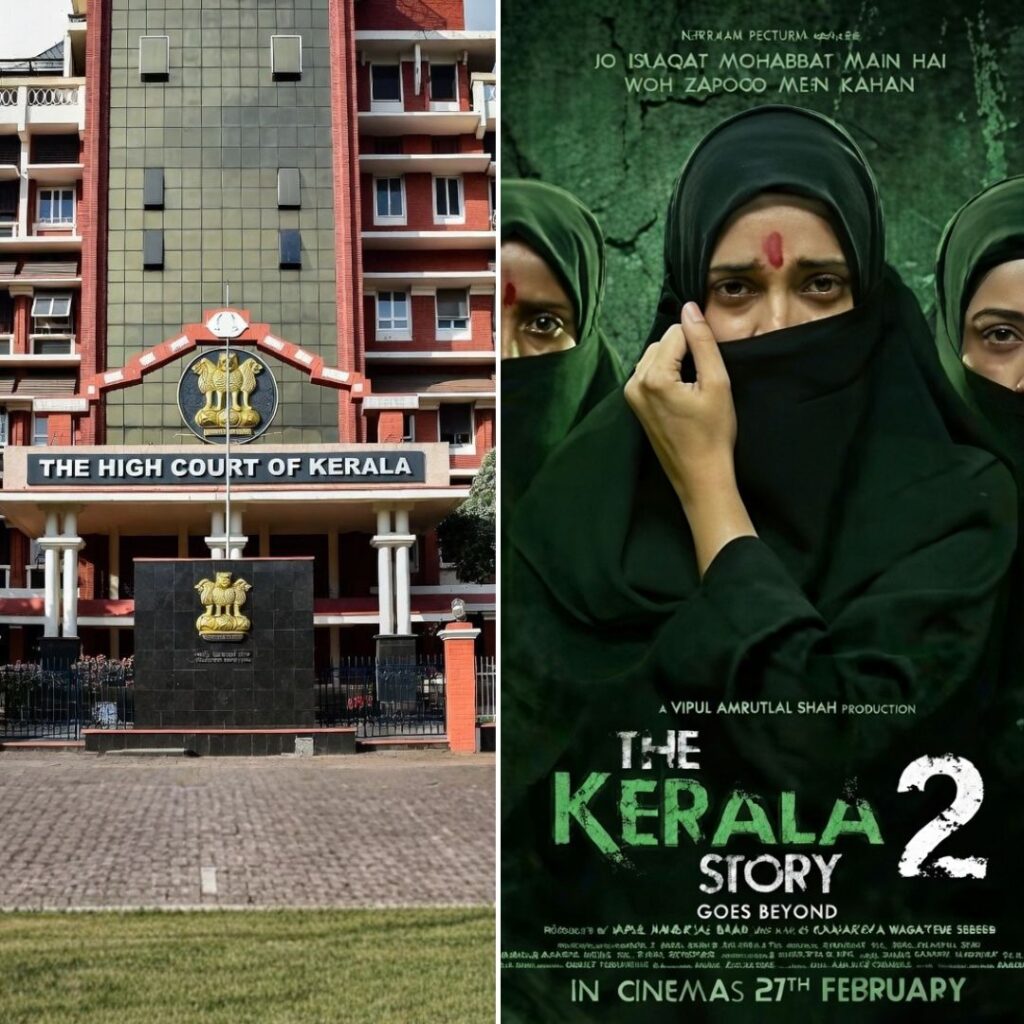‘Educate Girls,’ an Indian non-profit founded in 2007 by Safeena Husain, has become the first Indian organisation to win the prestigious 2025 Ramon Magsaysay Award. The NGO focuses on empowering out-of-school girls in remote villages by mobilising communities and working with government systems to enrol girls, ensure retention, and break cultural stereotypes about girls’ education.
Educate Girls, with the support of over 55,000 community volunteers, has successfully worked across more than 30,000 villages, enabling over 2 million girls to return to school. The award recognises the NGO’s transformative impact on gender equality and social empowerment in India’s rural areas.
Empowering Girls Through Community Mobilisation and Innovation
Educate Girls is a non-profit organisation that partners with state governments and galvanises village communities to promote girls’ education in rural and educationally underprivileged regions of India. Aligned with national initiatives such as ‘Beti Bachao Beti Padhao’, the Right to Education Act, and the National Education Policy, the organisation has mobilised over 2 million girls for school enrolment since 2007.
Operating in more than 30,000 villages across Rajasthan, Madhya Pradesh, Uttar Pradesh, and Bihar, Educate Girls leverages a network of over 55,000 community-based volunteers to ensure greater access and retention of girls in schools.
Founder Safeena Husain, a London School of Economics graduate who left a corporate career in San Francisco to fight female illiteracy, stresses the organisation’s core belief that educating one girl ignites change across families and whole communities.
Historic Asian Recognition and Broader Social Impact
The Ramon Magsaysay Award, Asia’s equivalent of the Nobel Prize, honours Educate Girls for addressing entrenched cultural stereotypes and liberating girls from illiteracy by instilling skills, courage, and agency.
This accolade celebrates the NGO’s leadership in creating inclusive education models and collaborations with governments, donors, and grassroots communities that dismantle social and systemic barriers to girls’ schooling. The award ceremony is scheduled for November 7, 2025, in Manila, where the organisation’s achievements will be publicly recognised alongside other Asian changemakers.
Historic Win: First Indian NGO to Receive Asia’s Prestigious Ramon Magsaysay Award
The Ramon Magsaysay Award is one of Asia’s most prestigious honours, often referred to as the Asian equivalent of the Nobel Prize. Established in 1957, the award recognises outstanding individuals and organisations from Asia who demonstrate selfless leadership and commitment to social change.
Several notable Indians have received the Ramon Magsaysay Award over the decades, including Vinoba Bhave in 1958, who was the first Indian to receive it for his role in the Bhoodan Movement under the category of Community Leadership. Other distinguished recipients include Mother Teresa, Satyajit Ray, Arvind Kejriwal, Ravish Kumar, Kiran Bedi, Bezwada Wilson, and Mahasweta Devi, among many others.
Regarding gender milestones, Indian women such as Mother Teresa, Kiran Bedi, and Shantha Sinha have been honoured with the award previously. However, Safeena Husain and her organisation ‘Educate Girls’ become the first Indian non-profit organisation to win the Ramon Magsaysay Award in 2025, marking a historic achievement for an Indian NGO dedicated to girls’ education.
This award shines a global spotlight on India’s ongoing efforts for social justice through education, celebrating decades of Indian leaders who have shaped positive change across various fields.
The Logical Indian’s Perspective
Educate Girls is a beacon of hope showing how education can be an instrument of social justice and gender equity, extending far beyond classroom walls to empower entire communities.
The Logical Indian commends such inspiring, people-centred initiatives that promote dignity, kindness, and equal opportunity by giving voice to the most marginalised. This award is a call to action for policymakers, philanthropists, and citizens to continue supporting and replicating innovative education solutions.













